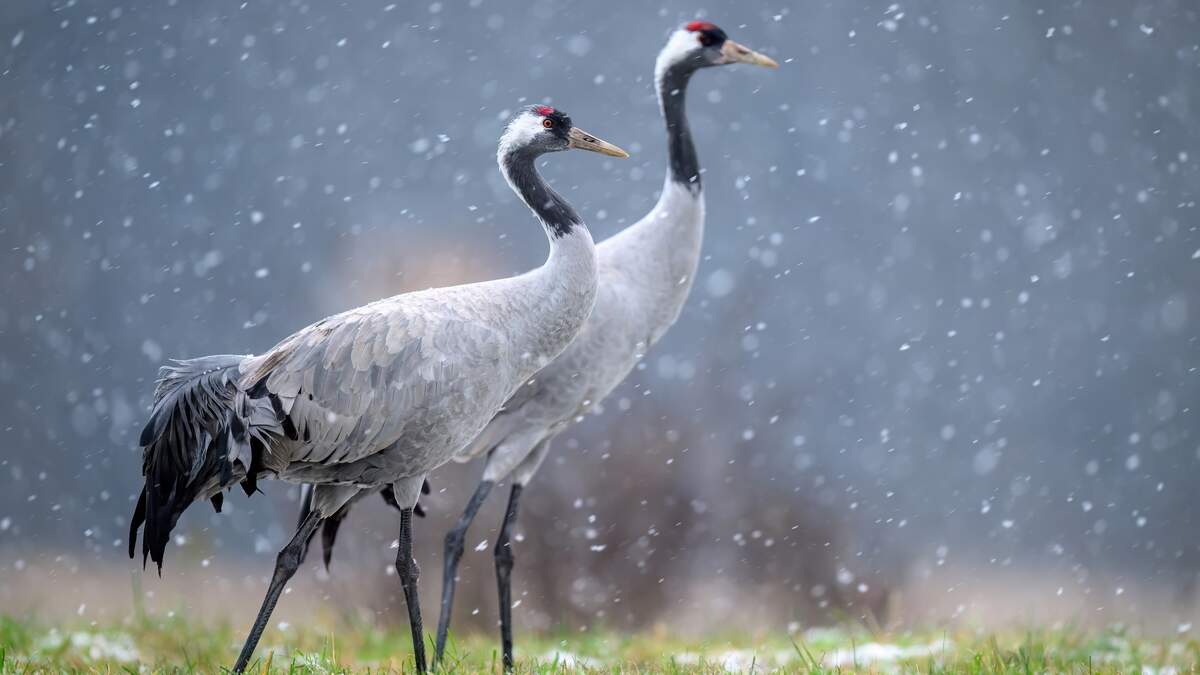Two cases of avian flu have been confirmed in cranes found in Howald in the capital region and in Rumelange close to the French border.
Before that, the last recorded case dates back to May 2023, when a black-headed gull that had contracted the H5N1 virus was found in the commune of Remerschen, according to the Luxembourg Veterinary and Food Administration (Alva).
Also read:Bird flu outbreak in US cows puts Luxembourg farms on alert
A general upsurge in avian influenza – which is not dangerous to humans but potentially lethal for birds – is currently being observed in Europe, particularly along wildlife migration routes. Alva is reminding poultry keepers that it is essential to avoid any contact between domestic poultry and wild birds.
This precaution is designed to protect captive birds against this particularly contagious virus.
Bird curfew
To prevent the spread of the pathogen into poultry farms, Alva on Wednesday mandated that domestic birds must be housed indoors, and fed and watered in areas completely inaccessible to wild birds. While they are allowed out for fresh air, their enclosures must be protected by netting to prevent any contact with wild birds.
Biosecurity rules must be scrupulously observed, and any unusual changes must be reported to a registered vet. Such changes could include raised mortality rate, obviously sick birds, or a reduction in food and water consumption, or egg production.
Alva also stresses that all poultry imports to Luxembourg must be subject to health certification issued by an official veterinarian in the country of origin, including in the case of purchases made at a market. Finally, the authorities point out that this strain of bird flu is only known to affect birds and there is no danger to the public from eggs or poultry meat.
(This article was published by Virgule. Machine translated, with editing and adaptation by Alex Stevensson.)
